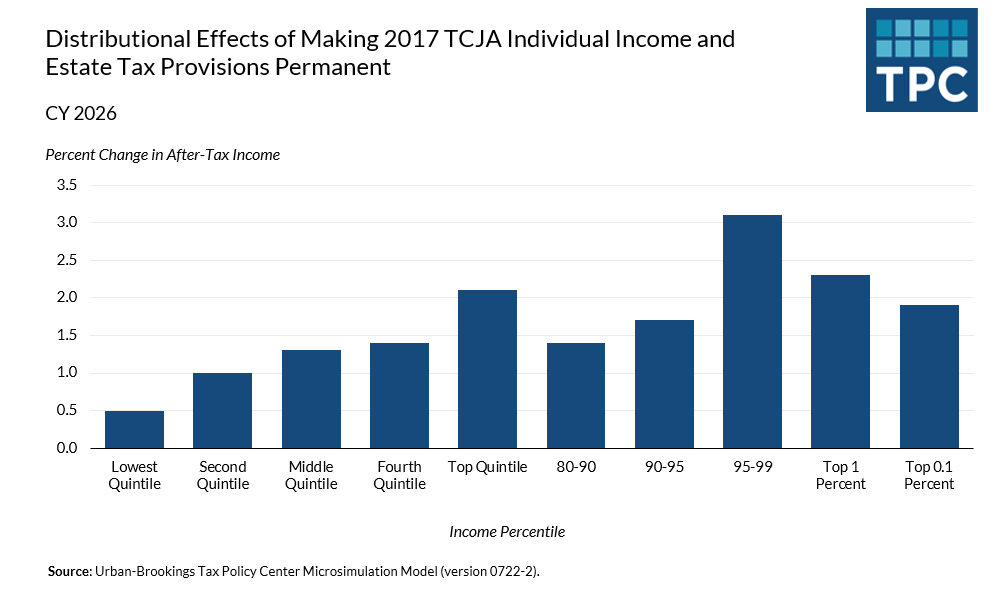Payroll Specialist Sheds Light on Olympic Athletes’ Tax Withholding Challenges in Paris 2024
On July 26, 2024, the 2024 Paris Olympics began, with athletes from around the globe competing for gold, silver, and bronze medals, in addition to new prize money offerings for track and field athletes. Athletes competing within the United States and abroad may face more challenges than vigorous competition due to the complex tax regulations and laws related to income generated both domestically and internationally.
Recently, Payroll Update spoke with Sonja Valter, senior manager with Baker Tilly’s Human Resources consulting team, to unpack some of the tax concerns that athletes may come across during competitions.
Global mobility and payroll tax complications. When it comes to global mobility and payroll tax complications, Valter explained that the “first issue to resolve for payroll tax responsibilities for athletes is who is employing the athlete.” She stated that payroll tax is typically not required if an athlete is employed by a retail establishment and the athlete is training in a state in which they do not reside because the athlete is not performing services for the retail company and is instead using their own time to train.
“However, if the employer is a baseball team, the athlete on the team may be responsible for payroll taxes if they are playing a game in a state in which they do not normally work…because they are performing services for their employer in that non-resident state,” Valter said. She added that “payroll tax which crosses states and countries gets complicated quickly” and advised seeking a consultant or tax expert to ensure compliance.
Additional prize money. For the Paris 2024 Olympics, track and field is making history by becoming the first sport to introduce prize money for gold medalists. All gold medalists in track and field events will be eligible for the prize money of $50,000 (split among relay team members), regardless of their nationality or professional status.
Valter stated that tax liability remains the athlete’s responsibility, but when it comes to payroll taxes, it is up to the employer “to withhold and report wages according to the work state and resident state rules.” She stressed the importance of employers generating correct Forms W-2 for athletes when federal income and payroll taxes are required.
Tax exemption for medal winners. In 2016, the United States Appreciation for Olympians and Paralympians Act was signed into law, which exempts Olympic medal earnings from federal taxes for athletes earning under $1 million annually. The exemption applies specifically to the value of medals and prize money received from the U.S. Olympic Committee.
However, “the employee’s regular wages or any other compensation received from their employer would still be taxed as regular income,” Valter said. She added that payroll and unemployment taxes for Olympic athletes depend on their employer and work location and that many Olympians have regular jobs unrelated to their athletic pursuits.
“In the rare case where an athlete is also employed by an athletic group, for example when a basketball player is employed by the NBA, they need to consider these types of questions,” Valter reasoned. She explained that many athletes who earn more than $1 million are due to sponsorships, which are typically not the athlete’s employers, “thus negating most of these questions.”
Taxation is not all the same. Although there is a federal income tax exemption for Olympic medal winners earning under a certain threshold, state, local, and international laws may require withholding. “State and local income tax regulations differ,” Valter said.
For example, Colorado specifically excludes income earned as a direct result of winning a gold medal while competing for the United States of America at the Olympic Games from state taxable income. However, California does not conform to the federal law’s exemption and athletes in California who bring home a medal from Paris must report that income for state tax purposes.
In addition, athletes may be subject to tax in France as the country appears to retain the right to tax all athlete income directly related to the games.
Tax treaties generally not a factor. Tax treaties between countries aim to prevent double taxation of income, including payroll taxes, for individuals working across international borders. These agreements typically determine which country has the primary right to tax an individual’s income and may provide mechanisms for tax credits or exemptions to avoid the same income being taxed twice, although the specifics can vary significantly depending on the particular treaty and the individual’s circumstances.
While it is important to understand international tax treaties to avoid double taxation, Valter said that “in most cases, a tax treaty is not triggered by an athlete spending a short period competing in another country” but also noted that the subject involves complexities.
Olympic Tax Guide. The 2024 Paris Olympics provides a Tax Guide to assist non-resident organizations, legal entities, and other stakeholders of the Olympics who will be temporarily performing activities in France during the pre-Games, Games time, and post-Games periods of the Paris 2024 Olympic and Paralympic Games.
The Guide explains French tax law requires withholding taxes on certain payments made from France to other countries. However, these taxes may be reduced or eliminated in some cases, particularly through international tax treaties or European Union directives.
The Guide contains information on a number of other tax types, including personal income tax.






